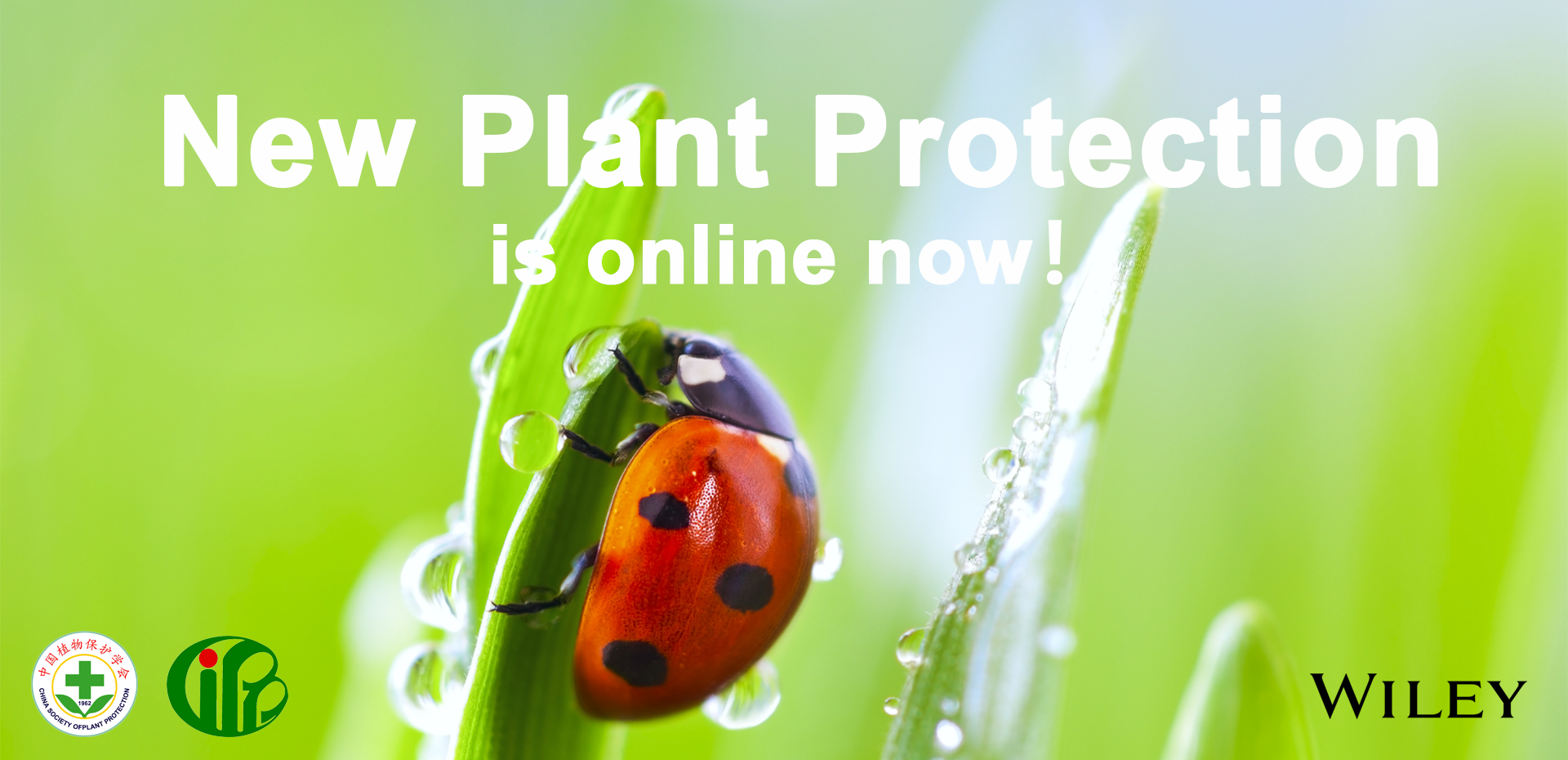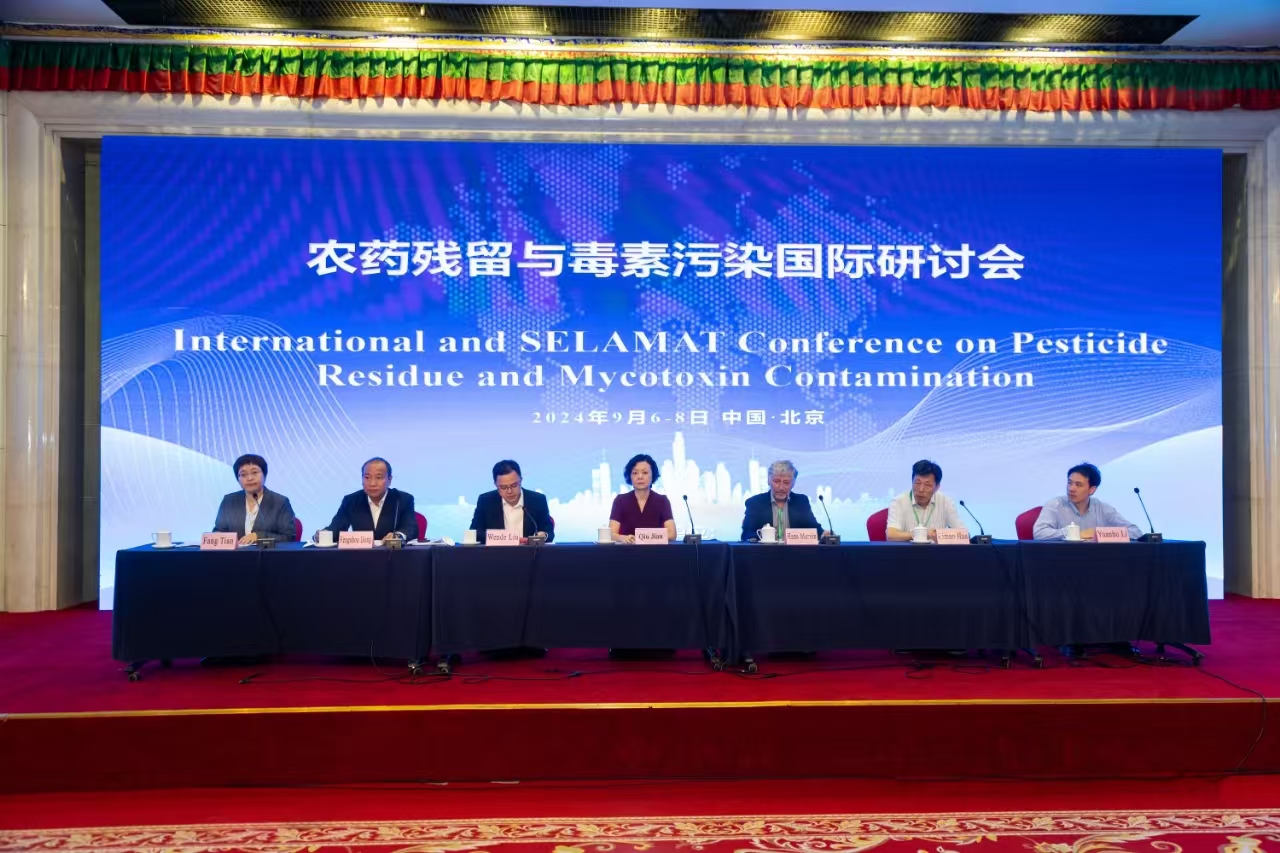A 3-year field investigation of impacts of Monsanto’s transgenic Bt-cotton NC 33B on rhizosphere microbial communities in northern China
Yan-Jun Zhang, Ming Xie, Gang Wu, De-Liang Peng, Wen-Bin Yu
Abstract
Monsanto’s Bt-cotton NC 33B, planted in northern China for more than one decade, effectively controls cotton bollworms and decreases the use of chemical insecticides. Because of the concern about undesirable ecological side-effects of transgenic Bt-cottons, it is important to assess Bt-cotton NC 33B’s effects on soil microorganisms in this zone. Microbial communities in the rhizosphere soil of Bt and non-Bt cottons were monitored under field conditions by polymerase chain reaction-denaturing gradient gel electrophoresis (PCR-DGGE) fingerprints of eubacteria, fungi and actinomycetes at six growth stages after three-year cultivation. Results showed that the population sizes and community structures of eubacteria, fungi and actinomycetes in rhizosphere soil were markedly affected by natural variations in the environment related to cotton growth stages. However, therewas no significant difference in eubacterial, fungal and actinomycete population size and community structures in rhizosphere soil between NC 33B and its non-transgenic parent. In general, Bt-cotton NC 33B did not show evident effects on microbial communities in the rhizosphere soil under field conditions after three-year cultivation. This study provides a theoretical basis for environmental impact monitoring of transgenic Bt cottons.
Applied Soil Ecology 89 (2015) 18–24
To link to the paper at http://crossmark.crossref.org/dialog/?doi=10.1016/j.apsoil.2015.01.003&domain=pdf
-
 China-Laos Training Workshop on Integrated Management of Destructive Crop Pests and Diseases Successfully held in Laos
China-Laos Training Workshop on Integrated Management of Destructive Crop Pests and Diseases Successfully held in Laos -
 New Plant Protection: New challenge and new opportunity for plant protection
New Plant Protection: New challenge and new opportunity for plant protection -
 International and SELAMAT Conference on Pesticide Residue and Mycotoxin Contamination Held in Beijing
International and SELAMAT Conference on Pesticide Residue and Mycotoxin Contamination Held in Beijing -
 CAAS President Meets Chairman of ASEAN FAW Taskforce
CAAS President Meets Chairman of ASEAN FAW Taskforce
